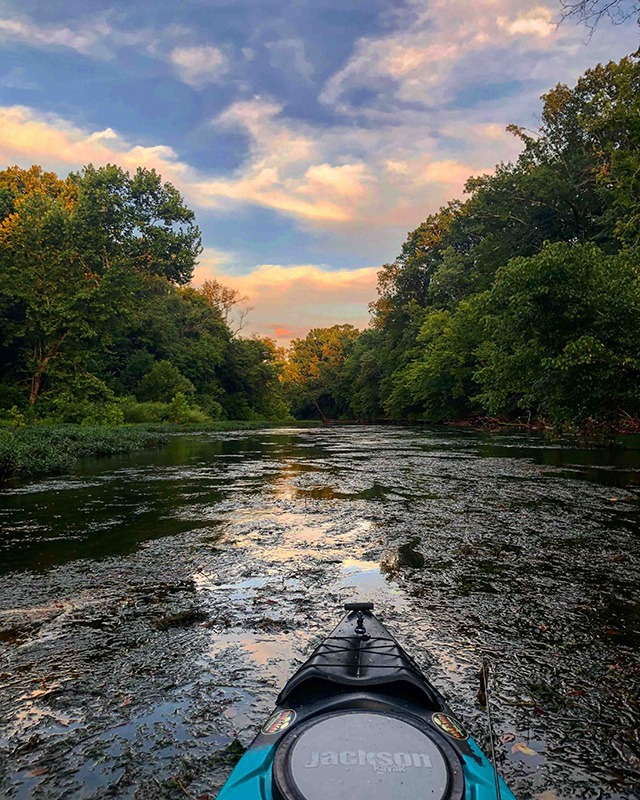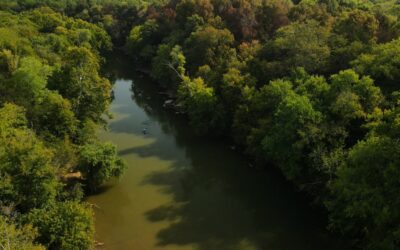Permits and Safety Briefings Now Required
Last month, the Tennessee Fish & Wildlife Commission—the governing body that oversees the Tennessee Wildlife Resources Agency (TWRA)—unanimously approved the first-ever rules for commercial paddlecraft rental services.
This step toward better sharing our rivers was possible because of the conservation policy work of Tennessee Wildlife Federation, an independent nonprofit that advocates for wildlife and sportsmen’s issues.
More and more in recent years, the Federation heard from anglers and private paddlers that commercial canoe and kayak rental services are dominating public waterways and access points. Without basic rules, heavy traffic too often drives individual users off rivers and can lead to unnecessary damage to habitats. Meanwhile, the commercial operators do not contribute to maintaining the resource they profit from.
So in 2018, Tennessee Wildlife Federation worked to develop and secure passage of a law that gave the Tennessee Fish and Wildlife Commission the authority to create rules for these commercial operations. The Federation then formed the Share our Rivers Coalition to support the Commission’s public process creating and refining these rules.
Thousands of Tennesseans used their voice to support rules to manage commercial operators. People sent more than 43,000 emails of support to commissioners, legislators, and chambers of commerce.
The Commission adopted the rules during its January 2019 meeting. Beginning July 1, commercial paddlecraft rental services must obtain a permit; meet certain safety standards, including safety briefings for renters; and document how many commercial trips they are generating on what portions of our rivers.
No fees were included in the final rules but the Share Our Rivers Coalition is excited that TWRA will soon have the firm data needed to ensure our public resources are being enjoyed by everyone.
Opposition to the Rules
As of this posting, three bills have been filed in the Tennessee General Assembly that are designed to limit or roll back the new rules for commercial paddlecraft rental services. These include:
- SB1416, HB1171, which was introduced by Senator Mark Pody (District 17) and Representative Terri Weaver (District 40). This bill would completely remove the Tennessee Fish and Wildlife Commission’s authority to manage the use of our public rivers by commercial paddlecraft rental services.
- SB751, HB1243 was introduced by Senator Hensley (District 28) and Representative David Byrd (District 71). If passed, commercial operators who launch and recover boats on private property would be completely exempt from rules by the Tennessee Fish and Wildlife Commission. Of course, this bill ignores the fact that our rivers are public resources, regardless of how you get to them.
- SB665, HB1328 was introduced by Senator Ferrell Haile (District 18) and Representative Kelly Keisling (District 38). It would make it so commercial paddlecraft rental companies, which could be making thousands and thousands of trips a year, would never pay more than a single commercial fisherman.
Additionally, Governor Lee has also issued Executive Order No. 5 that could delay the implementation of the adopted rules.
The Federation is moving quickly to stop these efforts that will make it harder for Tennesseans to Share Our Rivers.
Featured photo by Adam Whitman




